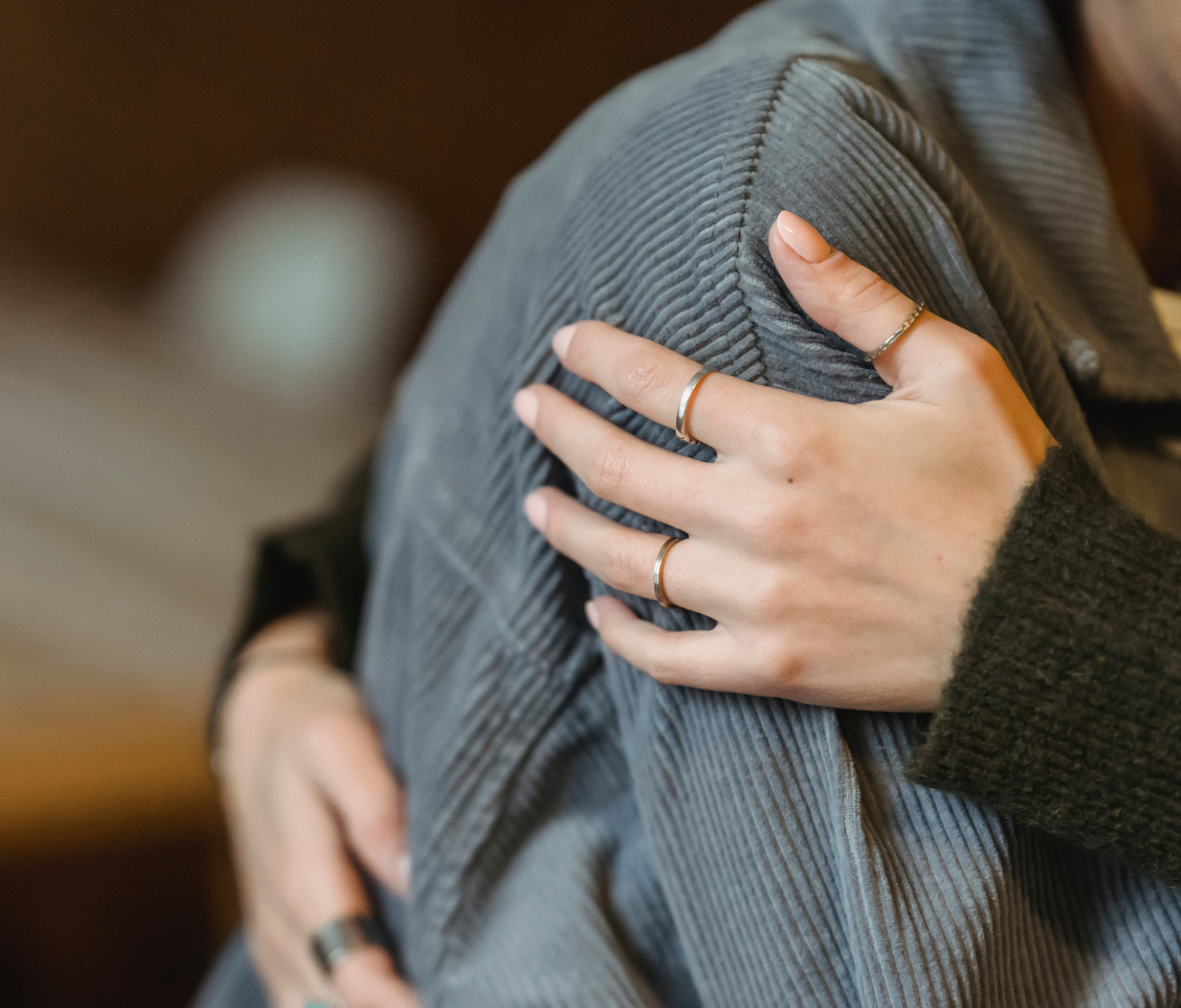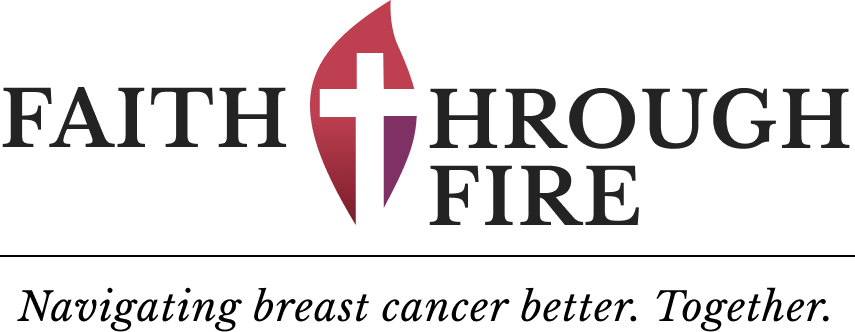The Power of Vulnerability in Breast Cancer Recovery: Why Mental Health Support Matters

Healing after breast cancer is more than physical—it’s deeply emotional. Many breast cancer survivors find that when the treatment ends, the real struggle begins. Lingering mental health challenges, past trauma, and the pressure to “bounce back” make emotional recovery one of the most overlooked parts of survivorship.
This is where vulnerability becomes your greatest strength.
The Emotional Side of Breast Cancer Survivorship
While the focus is often on surgery, chemotherapy, and radiation, the emotional toll of breast cancer can be just as profound. Survivors are often expected to celebrate the end of treatment, yet inside, they may feel lost, anxious, or even depressed.
This disconnect is common. When the chaos of treatment ends, it leaves space for repressed emotions and unresolved trauma to surface—especially for women who’ve been carrying emotional wounds long before their breast cancer diagnosis.
Unpacking the Mental Health Impact of Breast Cancer
Surviving breast cancer doesn’t erase the fear, grief, or identity loss that comes with it. In fact, many women struggle more after active treatment ends. And if there’s a history of trauma—whether from childhood, past relationships, or other painful experiences—cancer recovery can magnify those issues.
Women are taught to be strong, to hold it together. But that same conditioning can leave survivors feeling isolated and ashamed when they can’t simply “get over it.” The truth is, being emotionally overwhelmed after breast cancer is normal. And seeking help is not weakness—it’s wisdom.
Why Vulnerability is a Critical Part of Healing
Vulnerability in breast cancer recovery isn’t about falling apart. It’s about giving yourself permission to feel, to speak, and to ask for what you need. It looks like:
-
Admitting you’re struggling, even if you look fine on the outside
-
Letting yourself grieve what was lost—whether it’s your hair, your breasts, or your sense of safety
-
Speaking openly about fear, fatigue, or mental health without shame
-
Reaching out for support, even when it feels scary
When you allow yourself to be vulnerable, you break the silence that keeps so many survivors stuck. And in that space, healing truly begins.
The Mental Health Tools That Make a Difference
Seeking mental health support is not a luxury—it’s a lifeline. Whether through therapy, peer support groups, trauma counseling, or mindfulness practices, survivors who prioritize their emotional health report:
-
Reduced anxiety and depression
-
Stronger relationships and communication
-
Improved self-esteem and body image
-
A deeper sense of peace and purpose
You are allowed to need help. You are allowed to not be okay. And you are allowed to put your healing first.
Real Talk: Kara’s Story on Besties with Breasties
In our latest episode of the Besties with Breasties podcast, we speak with Kara—a breast cancer survivor who shares the raw truth of her mental health journey. From the emotional fallout of diagnosis to the vulnerability it takes to keep showing up, Kara’s story is a powerful reminder that healing is not a straight line.
Her courage to speak openly about seeking mental health help is helping other survivors feel seen, understood, and less alone.
Tune in to hear Kara’s episode and learn how sharing your story could be the key to someone else’s healing.
